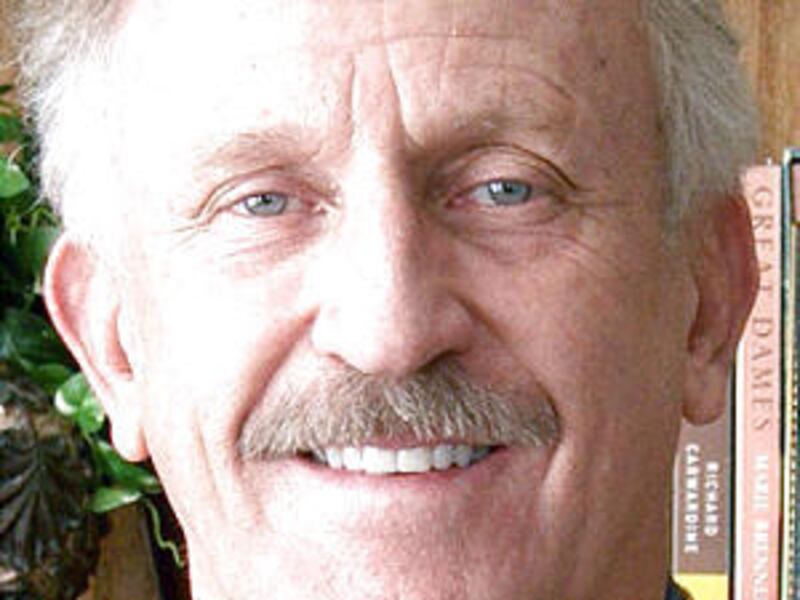LAYTON — At times when he was running for his life, only a few steps ahead of the Soviet KGB, Mike Ramsdell always considered himself a "farm boy from Bear River City, Utah."
Ramsdell spoke Friday at the Utah Farm Bureau Federation at the Davis Convention Center about the most harrowing ordeal of his life, which he also described in his book, "A Train to Potevka."
Ramsdell could acquire foreign languages easily and after an undergraduate degree at Utah State University and graduate studies at the University of Utah, he began to work for the U.S. State Department as an intelligence officer during the Cold War.
As the Cold War was winding down, the United States dispatched Ramsdell and other spies based at the U.S. Embassy in Moscow to Siberia to detain a former Soviet legislator whom the U.S. government wanted for alleged embezzlement, he said
As Ramsdell and his spy colleagues were closing in on the former legislator, their cover was blown. Ramsdell's colleagues flew back to Moscow, but Ramsdell, because he had better language skills, remained in the area to "sanitize" the apartments they had rented in the area. He was to destroy all documents "so that if the Soviet secret police or the KGB came in to those apartments, they would not be able to tie (together) anything about who we were or what we were doing," he said.
While Ramsdell sanitized an apartment, a Russian mobster protecting the former legislator found him. They got into a fight, and Ramsdell barely escaped the area by train to a "safe house" the U.S. maintained for spies in Siberia.
Ramsdell nearly starved to death on the train and in the house, having lost massive amounts of blood in the fight and going about a week without food.
"And then one particular afternoon, I remember being the lowest in my life, because I knew I was not going to make it," he said.
He began writing good-bye letters to his family.
"I thought, at least I'll be able to see my mom and dad again," he said.
Food arrived and Ramsdell was able to return to Moscow. He was "shadowed" by a KGB officer each time he left the U.S. Embassy and one day thought he was going to be killed by two large mobsters — mobsters being easy to identify because they were dressed well when most Soviets wore rags. But the two men brushed past and he saw name tags that said they were missionaries for the LDS Church, among the first into the country when the historically atheist Soviet Union had begun to allow Baptist, Muslim and other religious missionaries in.
Ramsdell's career as a spy ended shortly after, and he wrote his book. A movie based on the book is now in pre-production.
"I wake up every morning and pinch myself that this is all happening," he said.
e-mail: lhancock@desnews.com

